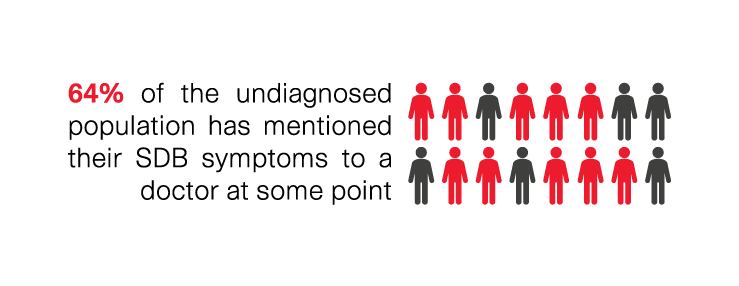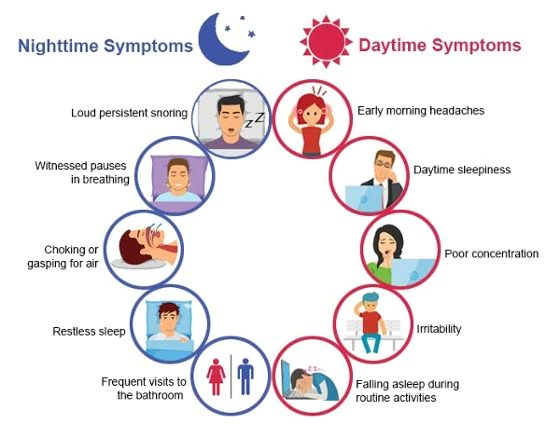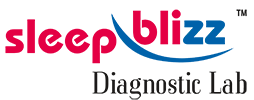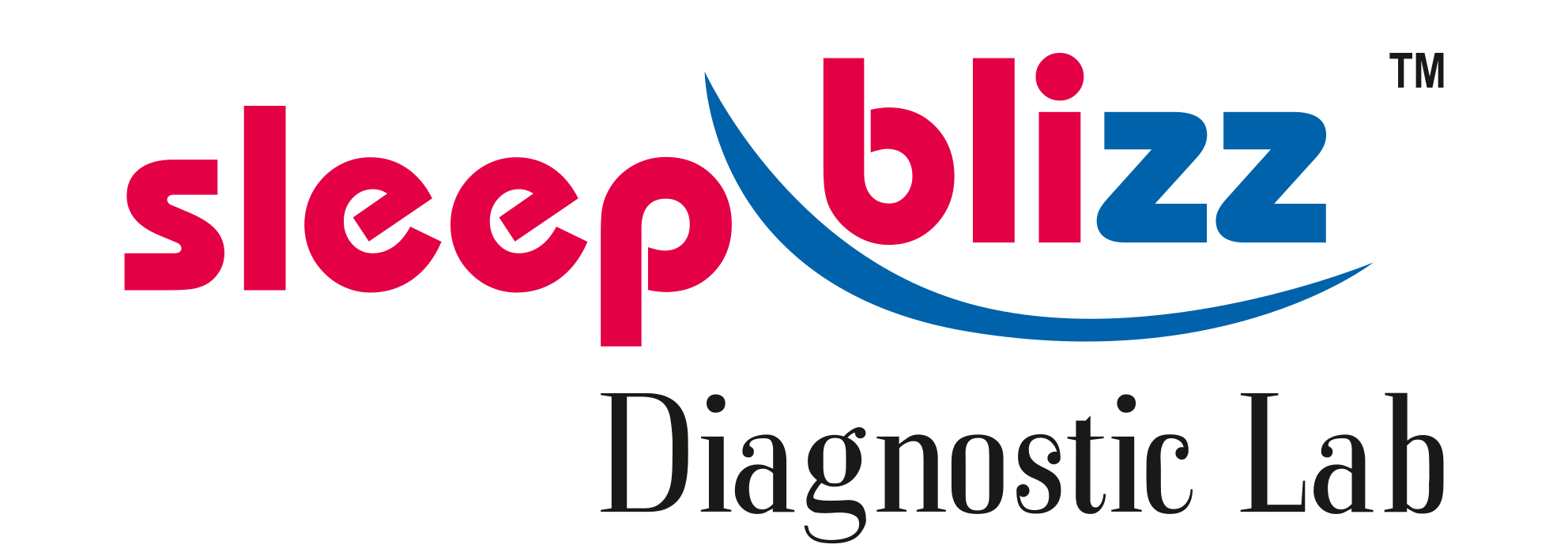Sleep Apnea is a condition that occurs when you are asleep. Therefore, it can be difficult to recognize its symptoms on your own. However, knowing the indications of Sleep Apnea helps in the better understanding of this sleep disorder.

Symptoms of Sleep Apnea while sleeping:
- Loud snoring- Snoring can also be a symptom of Central Sleep Apnea (CSA), but in Sleep Apnea it is more prominent and louder.
- Breathing cessation- People suffering from Sleep Apnea experience difficulties in breathing during sleep, and there are episodes of choking or gasping, several times during sleep.

- Restlessness- The person might find it difficult to stay asleep, or may be restless during sleep, if distressed by Sleep Apnea.
- Suddenly waking up – Due to loss of breath, the person might wake up feeling choked causing a break in sleep.
- Frequent visits to bathroom:
- Frequently wake up to drink water:

Symptoms of Sleep Apnea during daytime:
- Day time sleepiness- Waking up feeling low on energy, and feeling sleep-deprived isn’t a good feeling and it indicates an improper sleep.
- Morning headaches- Bad headaches every morning after waking up signals Sleep Apnea. Due to low oxygen levels, blood vessels can widen up causing these headaches1.
- Dry throat – Dry or sore throat on awakening are the signs of Sleep Apnea. Dry mouth can be a result of breathing through mouth.
- Mood swings – Feelings of irritation and anxiety are due to Sleep Apnea. Not getting quality sleep almost every night can make a person irritated or susceptible to these mood swings. If not attended on time, this can even lead to depression.
- Loss of attention – Sleep Apnea affects cognitive functions, making it difficult for a person to concentrate for long, and even cause amnesia for some.

